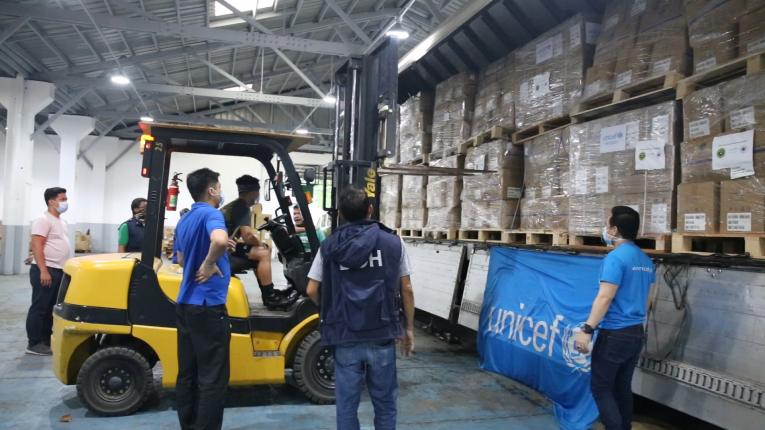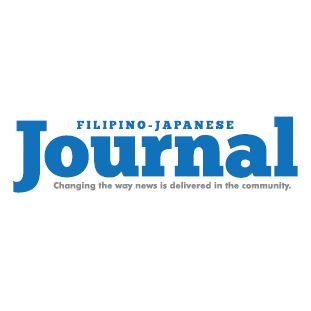MANILA – UNICEF Philippines scales up its support to the government through the Department of Health (DOH) in its efforts to address the new coronavirus (COVID-19) pandemic.
In support of the country’s battle against COVID-19, UNICEF Philippines recently procured supplies which include 72,000 sets of Personal Protective Equipment (PPEs) for health staff, 450,000 masks (N95 and surgical masks) for health staff and 500 PPEs for cleaning staff.
The PPE kits for health workers include face shields, masks (either surgical or N95), gloves and coverall suits.
The cleaning and disinfection kits include soaps, mops, buckets, dippers, alcohol dispensers, cleaning cloths and brushes, as well as bleach, ethyl alcohol and laundry detergent.
UNICEF is also providing 64 multi-purpose tents to scale up ward capacities for hospitals in affected regions. The supplies and protective equipment are complementing UNICEF’s ongoing support and the technical assistance to the Department of Health (DOH) and other partners.
A total US$3 million have been mobilized to date through UNICEF, including donations by the Government of Japan, the Korea International Cooperation Agency (KOICA), the UN Foundations’ Solidarity Response Fund, and United States Agency for International Development (USAID).
This assistance is crucial for healthcare institutions and community frontliners in conducting contact tracing and in the continuous provision of non-COVID-19 community health services such as the expanded program on immunization.
“Children’s health remains to be a priority of the department during this pandemic. Parents and caregivers are encouraged to have their children vaccinated because vaccines have been proven safe and effective in preventing life-threatening diseases in children,” Health Secretary Francisco Duque III said.
Parents and caregivers are reminded to follow the vaccination schedule of their children and closely coordinate with their local health office for any adjustments amid the ongoing COVID-19 response.
DOH also enjoins Local Health Offices, Rural Health Units, and Barangay Health Stations to continuously provide child health services in their communities.
“Aside from immunization, we encourage parents to access other essential child health services. We are also exploring to implement other effective vaccination strategies such as scheduled fixed-post vaccinations (i,e. scheduled vaccination in designated areas such as barangay health stations, gymnasiums, etc.) in adherence to community quarantine protocols and the call for Filipinos to stay at home,” the Health Chief added.
“We are one with the Department of Health, WHO and other United Nations agencies in the country’s response to COVID-19. We continue employing every effort to contribute to the safety of frontline health workers, while supporting the continuity of essential health services for children across the country,” said UNICEF Philippines Representative Oyunsaikhan Dendevnorov.
UNICEF is complementing DOH’s efforts to train health workers. Around 3,500 health workers, sanitary engineers and inspectors have been trained in infection prevention and control.
Over 66 million people have been reached with health and hygiene messages on Social Media, Radio and SMS, also translated into Maguindanaon, Maranao, Sama, Tausug and Teduray languages.
With the latest shipment of supplies, UNICEF is also stepping up assistance to the Bangsamoro Autonomous Region in Muslim Mindanao (BARMM) as it responds to COVID-19 cases across the region. - PR
(Photograph courtesy of © UNICEF Philippines/2020/Jacques Gimeno)


